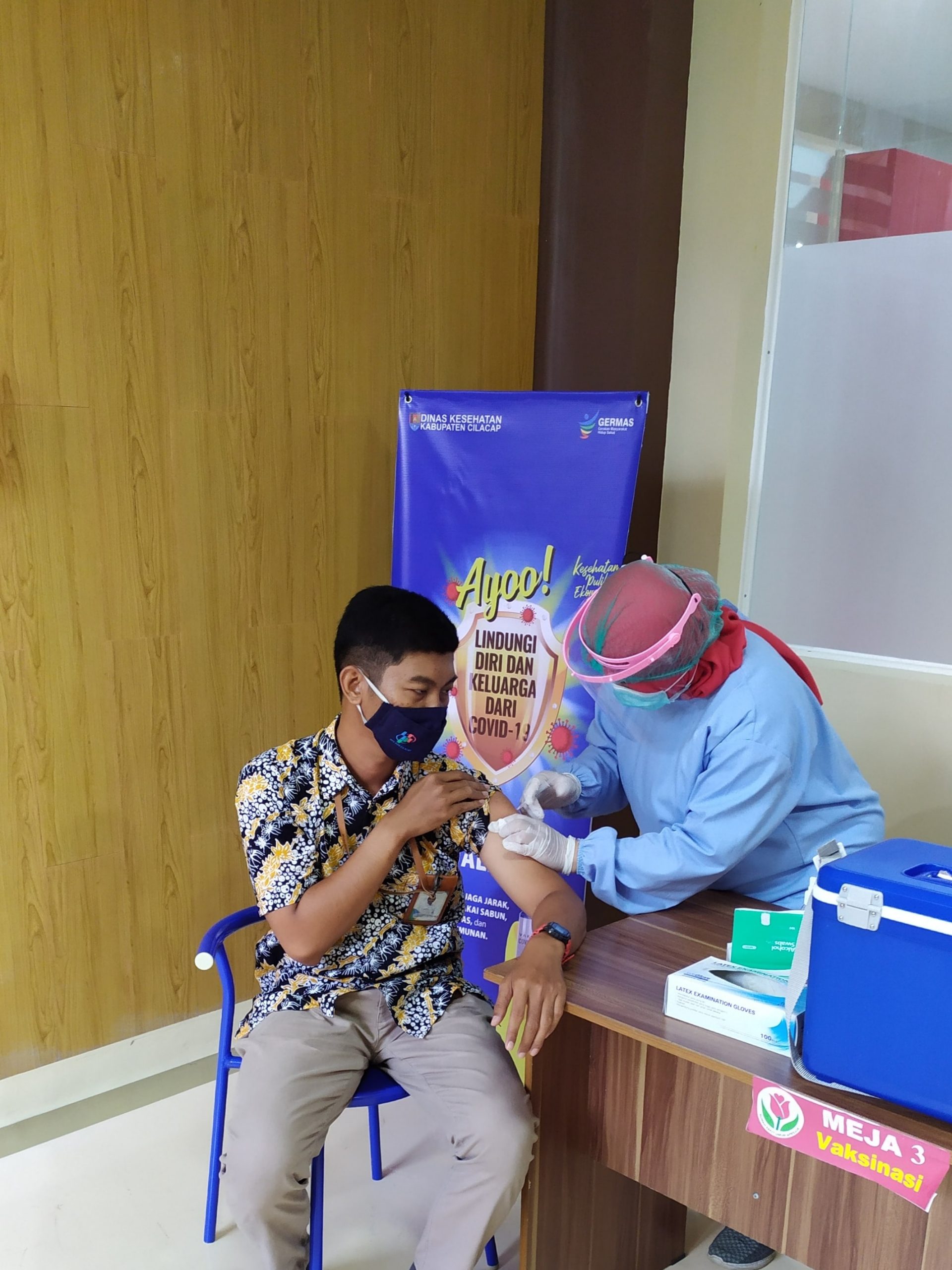Introduction: In a digital age dominated by social media, concerns about its impact on children’s well-being have taken center stage. Recently, the Surgeon General addressed these concerns with a comprehensive statement on the risks associated with social media use among children. This article aims to provide an in-depth analysis of the Surgeon General’s stance, shedding light on the potential dangers and implications for young users in today’s interconnected world.
The Mental Health Toll: One of the primary concerns highlighted by the Surgeon General is the impact of social media on children’s mental health. Numerous studies have indicated a correlation between heavy social media use and increased rates of anxiety, depression, and feelings of loneliness among adolescents. Constant exposure to carefully curated and often idealized versions of other people’s lives can fuel negative comparisons and undermine self-esteem. The Surgeon General’s statement underscores the urgent need to address these mental health risks and their potential long-term consequences.
Cyberbullying and Online Harassment: Another alarming aspect addressed by the Surgeon General is the prevalence of cyberbullying and online harassment within social media platforms. Children are increasingly becoming targets of abusive behavior, leading to psychological distress and even tragic outcomes. The anonymity and wide reach of social media exacerbate these issues, making it crucial for parents, educators, and society at large to actively combat cyberbullying through awareness campaigns, improved policies, and support systems for victims.
The Role of Parents and Caregivers: The Surgeon General emphasizes that parents and caregivers play a vital role in safeguarding their children’s well-being in the digital age. They are encouraged to engage in open and ongoing conversations about online safety, responsible social media use, and the potential risks involved. Building strong relationships based on trust and support enables parents to guide their children’s digital experiences, teaching them to navigate the online world responsibly and critically evaluate the content they encounter.
Digital Literacy and Empowerment: The Surgeon General’s statement underscores the importance of digital literacy as a key tool in protecting children from the risks associated with social media. Equipping children with the skills to discern reliable information, identify online threats, and engage in respectful online behavior is essential. Educational institutions and policymakers are urged to prioritize digital literacy programs that empower young individuals to make informed decisions and interact responsibly in the digital realm.
Collaboration between Industry and Stakeholders: The Surgeon General’s statement also emphasizes the need for collaboration between social media companies, parents, educators, and policymakers. Social media platforms must prioritize the well-being of young users by implementing stricter safeguards against cyberbullying, promoting healthier content, and fostering transparent and user-friendly policies. Joint efforts are required to ensure that the platforms children engage with align with their safety and well-being needs.
Conclusion: The Surgeon General’s comprehensive statement serves as a crucial call to action, urging society to acknowledge and address the risks associated with children’s social media use. By recognizing the mental health toll, combatting cyberbullying, prioritizing parental involvement, fostering digital literacy, and promoting collaboration among stakeholders, we can pave the way for a healthier and safer online environment for children. As we navigate this ever-evolving digital landscape, it is imperative that we prioritize the well-being and future of our youngest generation.










